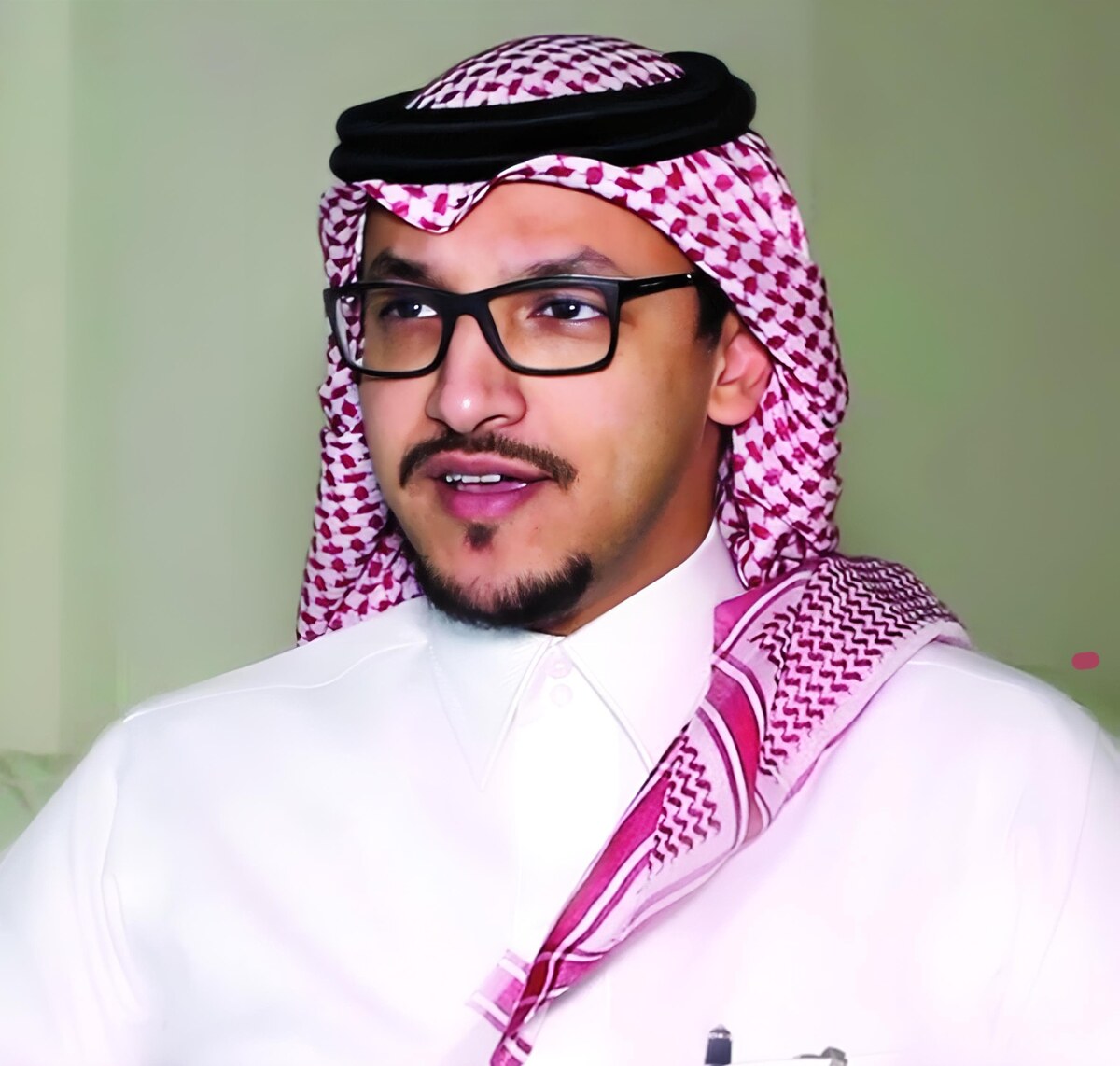JEDDAH: Saudi Arabia’s hydrogen economy is poised for growth as one of the country's leading universities partners with NEOM to advance economic development and strengthen the Kingdom's position as a leader in sustainable energy.
King Abdullah University of Science and Technology, NEOM’s Education, Research, and Innovation Foundation, and ENOWA have announced a partnership to bolster Saudi Arabia’s hydrogen economy, according to a statement from the research institute.
ERIF has sponsored three strategic projects under its Hydrogen and e-Fuels Applied Research Institute, in collaboration with KAUST researchers, to advance the development of hydrogen as a renewable energy vector.
The Kingdom aims to generate 50 percent of its electricity from renewable sources by 2030 and establish itself as the leading global producer and supplier of hydrogen. As part of its circular carbon economy framework, Saudi Arabia is committed to achieving net-zero carbon emissions by 2060. Consequently, the country’s plans for hydrogen production, including green hydrogen from renewable sources, are progressing rapidly.
KAUST said in its statement that progress on these projects was presented at a two-day summit recently held at its research and technology park with the participation of senior representatives from KAUST, ERIF, and HEFARI, as well as ENOWA, Imperial, Saudi Aramco, HyET, Cruise Saudi, Nxt7, and Dow.
During the gathering, attendees discussed progress, challenges, and opportunities for developing the Kingdom’s green hydrogen economy.
Experts also provided insights on the cost-efficient production of green hydrogen and ammonia and their application in critical areas like sustainable aviation fuels and marine propulsion.
The meeting also covered electrolyzer development, including advancements in catalysts, membranes, manufacturing requirements, and transportation and storage needs.
KAUST noted that the three projects are led by a team of individuals, including William Roberts, a professor of mechanical engineering, who is working on carbon-neutral fuels for marine engines in response to new regulations to decarbonize maritime transport.
Mani Sarathy, a professor of chemical engineering, will focus on reducing the costs of large-scale electrolyzer technologies to enhance cleaner hydrogen production.
Meanwhile, Thibault Guiberti, assistant professor of mechanical engineering, is working on lowering undesirable emissions from engines and turbines that use green ammonia as fuel.
Donal Bradley, executive director of NEOM’s ERIF, commented on the partnership, saying that HEFARI is a key component of the NEOM’s research and innovation ecosystem, helping to advance the Kingdom’s green hydrogen economy.
“The alliance of ENOWA and ERIF with KAUST will help to make Saudi Arabia a formidable force in developing new technologies and processes for efficient hydrogen generation, storage and conversion into sustainable fuels,” Bradley said.
KAUST Vice President of Research Pierre Magistretti welcomed the funding and noted that the university is a leader in hydrogen research.
“This partnership with ENOWA and NEOM’s Research Institute is well positioned within the context of the new Center of Excellence on Renewables and Energy Storage, which will also have hydrogen-related research activities,” he said.
Roland Kaeppner, ENOWA’s managing director of hydrogen and green fuels, commented: “Working with NEOM’s ERI and KAUST is a natural progression for ENOWA.”
He added: “We already have the world’s largest green hydrogen production facility and offering our Hydrogen Innovation Development Center to KAUST and NEOM’s HEFARI means the Kingdom can continue to lead in hydrogen research.”
Ben Queisser, head of technology and innovation, hydrogen and green fuels at ENOWA, said that the hydrogen innovation development center will not only support KAUST research but also the development of decarbonized synthetic fuels in collaboration with Saudi Aramco.
“It will also house a 20-megawatt electrolyzer from thyssenkrupp nucera, which will contribute to the world’s largest green hydrogen and ammonia plant operated by NEOM Green Hydrogen Co.,” Queisser said.




























